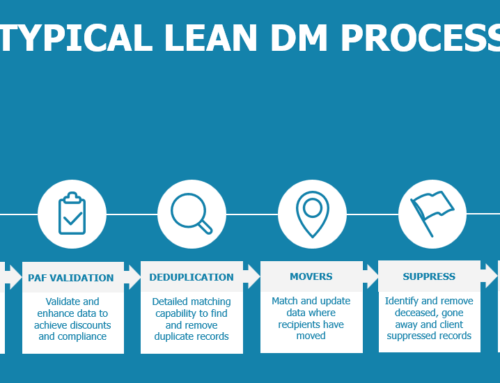There is no two ways about it, as organisations collect and use increasing amounts of data the way they handle that data has become increasingly complex. But one thing hasn’t changed – the necessity for effective deceased suppression practices.
The story of Imogen Holliday and her son Raffy, which hit the headlines this week, serves as a heart breaking reminder of the consequences when these practices are neglected.
A Heart breaking Reminder
Imogen Holliday, 36, experienced emotional trauma when she received a letter inviting her deceased three-year-old son, Raffy, to an appointment at a leading children’s hospital. Raffy had passed away on March 29, 2023, from inflammation of the brain caused by human herpesvirus 6B (HHV-6B). The hospital’s notification, arriving 14 months after his death, was not only a painful reminder of her loss but also an illustration of the systemic failures in handling sensitive data.
The Emotional Toll
“I just feel sick. I don’t understand how they don’t have a system that updates everybody when a child dies,” she expressed.
“Seeing ‘outpatient appointment’ on the letter, it makes you think just how careless, how insensitive, how inappropriate, how thoughtless, how uncompassionate can you be?”
A Systemic Failure
The suggested appointment was described by the hospital as an ‘error’. While the hospital has subsequently apologised and promised to investigate, the damage has already been done.
A spokesman stated, “We are very sorry this has happened and have spoken to Raffy’s family to apologise. There is no excuse, and we can only imagine the distress it has caused. The letter, which was dated for an appointment in 2022, was accidentally sent due to a fault in a system upgrade.”
This poignant example underscores the critical importance of sensitive data handling, especially concerning deceased individuals.
Organisations must prioritise prevention of such distressing incidents. For families like the Hollidays, the emotional toll of losing a loved one is profound enough without the added burden of insensitive bureaucratic errors.





